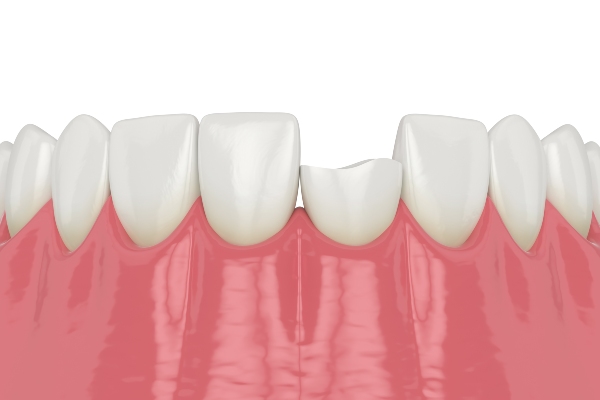How Long Does It Take to Get Dental Implants
 Getting dental implants is a lengthy process that yields desirable results. By replacing both the root and exterior of a missing tooth, this solution restores function, enhances appearance, and preserves the jawbone and gum tissue. Before selecting this treatment option, patients should understand the progression of appointments leading to getting implants and the factors that can extend the duration.
Getting dental implants is a lengthy process that yields desirable results. By replacing both the root and exterior of a missing tooth, this solution restores function, enhances appearance, and preserves the jawbone and gum tissue. Before selecting this treatment option, patients should understand the progression of appointments leading to getting implants and the factors that can extend the duration.
The dental implant process
Dental implants require several appointments to install. From consultation to crown placement, every step is essential to increase the chance of success. Patients can expect at least five appointments:
Consultation
A consultation appointment allows the dental professional to examine the mouth and create a plan. X-rays and impressions are often taken during this visit.
Implant
If the tooth is already removed, the next step is inserting the implant into the jaw. The dental professional makes an opening in the gums, drills into the jawbone, places the screwlike implant into the hole, and closes the gums over the site.
Abutment
After a healing period of about four to eight months, the implant should have fused to the jawbone. The gums can then be reopened to expose the implant and attach an abutment to it. The gums are pushed back over the opening, leaving the abutment poking through.
Impressions
After allowing the area to heal for about two weeks after the abutment procedure, the crown-making process can start. During a short appointment, the dental hygienist takes impressions of the mouth and surgical site and uses a shade guide to select the color of the tooth. This information is sent to a dental lab.
Crown
After the crown is made, it is sent back to the dental office and the patient returns. The crown is either screwed or cemented to the abutment.
Factors that affect treatment time
For the average patient, it takes about six to eight months to get dental implants. However, certain factors can extend the length of treatment:
- Low jawbone density: If an X-ray or CT scan reveals that a patient has experienced jawbone deterioration, a bone graft may be needed to restore volume. It can take several months for the new bone to fuse with the existing structure before implant surgery can take place.
- Tooth extraction: If a tooth needs to be extracted where the implant is being placed, the patient may need a separate appointment to have the tooth removed, which also requires an additional healing period.
- Osseointegration failure: After the implant is placed, the post needs to fuse with the jawbone during a process called osseointegration. In some situations, the body may reject the implant, requiring the surgery to be repeated.
- Crown adjustments: If the dental crown does not properly fit the mouth or is the wrong shade, it needs to be sent back to the lab for adjustments, which can take up to a week.
Conclusion
Getting dental implants can take a long time, especially if additional steps are needed to make the treatment successful. However, the results are long-lasting, allowing the patient to enjoy a beautiful, fully functioning smile for years to come.
Request an appointment or call GK Dental PC at 617-826-6075 for an appointment in our Everett office.
Recent Posts
For people with gaps in their mouth due to missing teeth, dental implants can be a great replacement method. Implants provide a wide variety of benefits, and they last a long time. However, the procedure is more invasive than others, and it is not a good option for every patient. When considering them as a…
A missing tooth can lead to many cosmetic and health complications. Dental implants are an effective method for treating tooth loss and restoring a person's smile. They can prevent other issues from developing, including: Speech and digestive problems Damage to surrounding teeth Improper alignment Tooth and jaw painThe results are typically permanent, and implants are…
Dental implants enable you to get as close as you can get to replacing your natural teeth roots, both in terms of function and health benefits. Dental implants require regular care like your natural teeth, which is the only way to ensure that your implant-supported teeth can last a lifetime. Read on to learn about…


